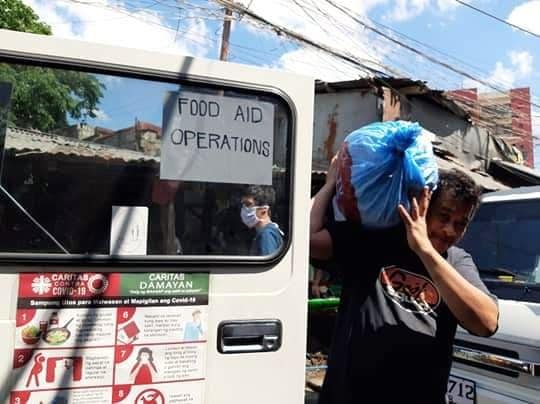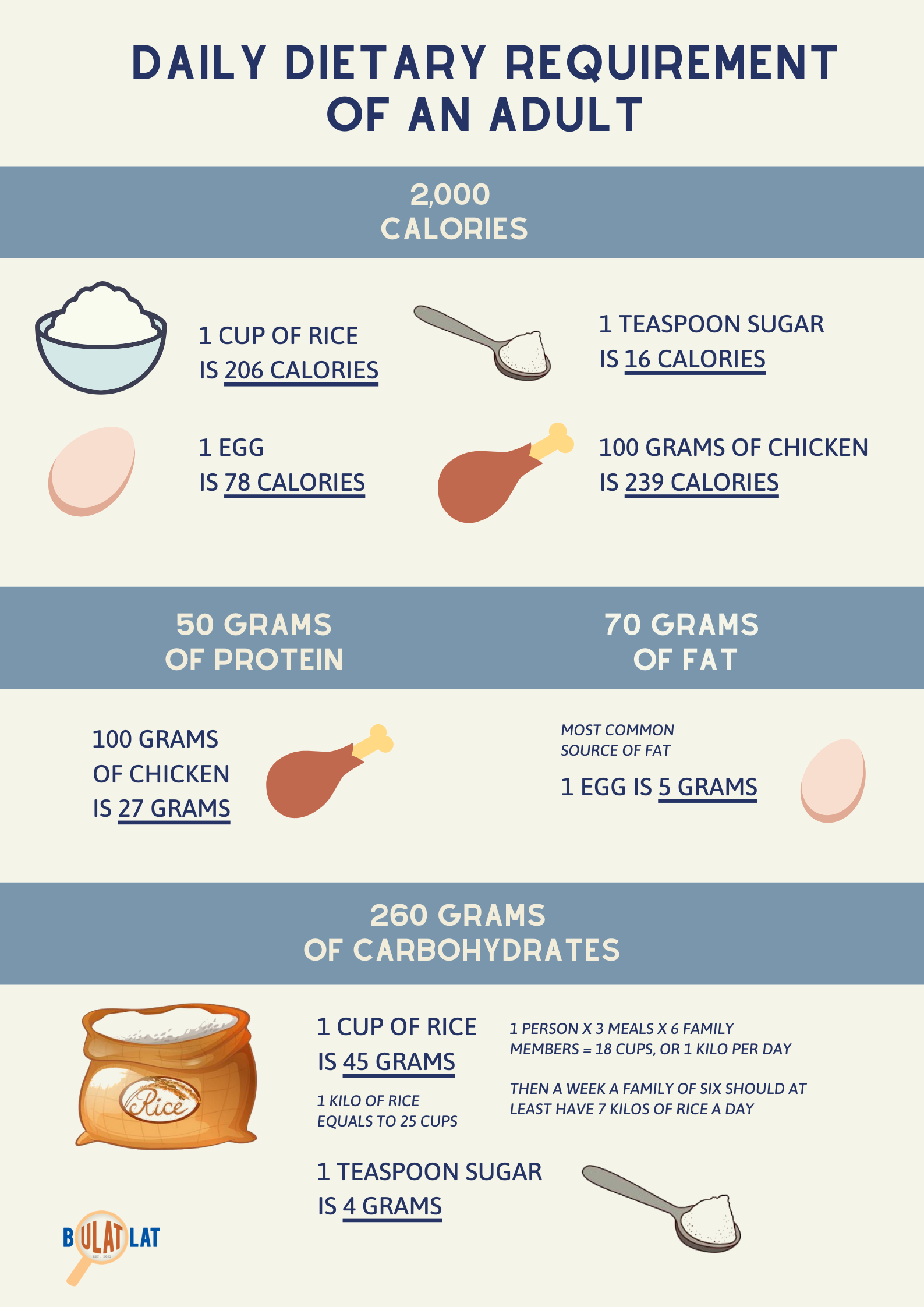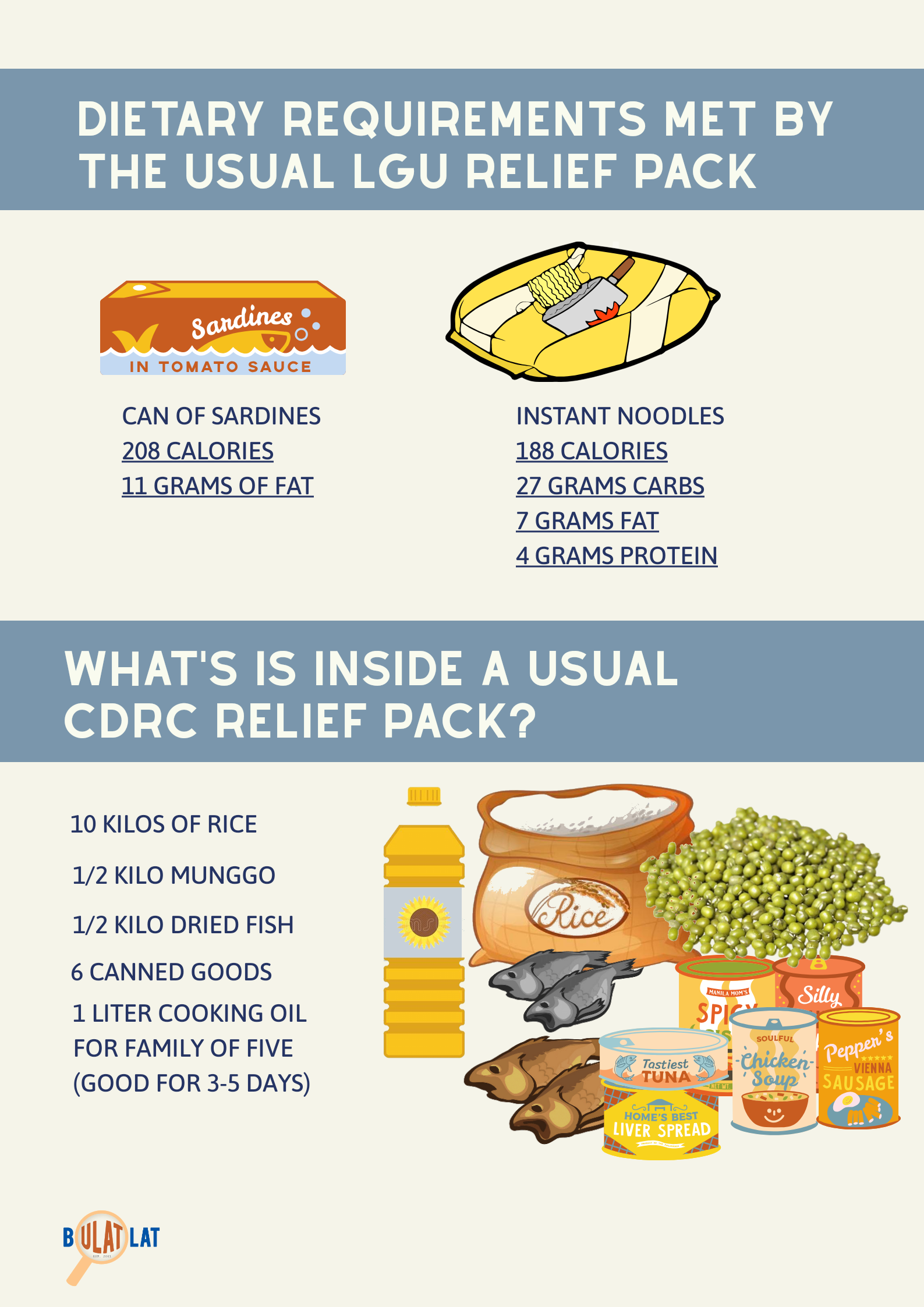Even during a calamity or health emergency, Bishop Reuel Marigza, secretary general of the National Council of Churches in the Philippines, said that compassion and human dignity should be at the heart of government officials carrying out relief operations.
By JANESS ANN J. ELLAO
Bulatlat.com
MANILA – It only took a whiff of what turned out be “fake news” for residents of Sitio San Roque in Quezon City to run one early morning to the Kadamay headquarters. A resident said they heard news that village officials gave 200 stubs for relief packs to Kadamay leaders.
“Spare me one stub, please,” pleaded a resident to community leader Estrelieta Bagasbas.
But Bagasbas, one of the leaders of Kadamay, had no stubs to give. Later in the day, they learned that 100 stubs were indeed given to another organization in their community.
It was the third week of the enhanced community quarantine due to the COVID-19 pandemic. Many of Bagasbas’ neighbors have lost their income as they earn from working in the informal sector or as daily wage earners in the construction or in the service sector. So when a media organization told a Sitio San Roque resident to line-up along EDSA for a relief pack, they did.
“They ran and stumbled on their way to every relief packs. People are being stripped of their dignity,” Bagasbas said.
Braving the virus to calm their hungry stomachs eventually led to the arrest of 21 residents. Charges were consequently filed as a top government official ordered “no mercy” for San Roque’s poor. After five days in detention, they were granted temporary freedom after celebrities pitched in for their P5,000-bail each.
Read: ‘Heartless’ | Groups decry charges against QC urban poor
San Roque, like other urban poor areas in Metro Manila, is among the most vulnerable to COVID-19.
Their dense community, coupled with the already dire access to social and public health services, has made physical distancing impossible.
As of this writing, there are now 3,660 confirmed cases, with 163 deaths. The lockdown in Luzon, too, has been extended late evening of Monday to April 30, spelling more restlessness among urban poor communities who have no source of income.
Even during a calamity or health emergency, Bishop Reuel Marigza, secretary general of the National Council of Churches in the Philippines, said that compassion and human dignity should be at the heart of government officials carrying out relief operations.
Government response
Local governments were initially tasked to be “creative” in responding to the health crisis. But relief packs came too few and far in between. Many LGUs complained that their calamity fund and quick reaction fund are not enough to provide for the needs of their constituents for the entire ECQ period.
Former Social Welfare Secretary Judy Taguiwalo said the national government’s role is to augment resources of their local counterpart.
“When their resources are used up, that is the time for the national (agency) to come in. Local governments file requests for DSWD’s assistance. But during urgent situation, the DSWD can come into play even when there’s no request from the LGU,” she told Bulatlat in an online interview.
Taguiwalo said they used to provide at least six kilos of rice, six pieces of instant noodles, eight canned goods and six packs of instant coffee or chocolate drinks. The pack comes with blankets, mosquito nets, hygiene kits, and other non-food items. Relief packs for at least 100,000 families, too, were kept at the National Relief Operations Center in Pasay City and about 30,000 for each regions, allowing them to immediately respond to emergencies.
DSWD relief packs are usually distributed through the local government and the local social welfare development staff involved in the implementation of the government’s conditional cash transfer program. Stubs, too, are provided ahead of the distribution.
“But when epal government officials come into play, they usually hide these food packs, which they will distribute in another time. Or when there is conflict between government officials, one district will usually be deprived of relief packs even when they are under the jurisdiction of the local government,” Taguiwalo said.
In times like these, Taguiwalo said it is the people on the ground that suffer the most.
Marigza said this is the time for the government to give back to the people, most especially to daily wage earners who cough up direct and indirect taxes from their already small income.
“Providing services is not a debt of gratitude that the poor must pay but the government’s duty to the people,” the bishop said in a phone interview with Bulatlat.
Adherence to humanitarian standards
For non-government agencies like the Citizens’ Disaster Response Center (CDRC), adherence to the universal protocol of Core Humanitarian, which “places communities and people affected at the center of humanitarian action and promotes respect for their fundamental rights” is important.
To uphold people’s rights and dignity, Hannah Fiel, CDRC research and public information head, said emergency relief packs should last for two to three days, containing a minimum of 10 kilos of rices, six pieces canned goods, one liter cooking oil, dried fish, and monggo beans. “Social preparations” are also conducted prior to the distribution of the relief packs – including listing down the beneficiaries providing them with stubs.
“We take the extra mile of bringing the relief close to their community,” Fiel said, adding that disaster-preparedness committees in communities thay are working with have greatly helped them in carrying out relief actions.
Asked to comment on the relief operations being conducted by the government, Fiel said the food packs being given could hardly last for two to three days. Worse, there are households that did not receive any.
In the case of Sitio San Roque, Fiel said it may be true that some households did receive relief packs from their village officials. “But when did they receive it? How long will it last? There is no point in stressing that ‘relief packs have already been distributed’ if this was done a week ago,” she said.
Fiel said they discourage distribution of instant noodles and lauded efforts of some local government officials to include fresh produce such as vegetables and meat.
Marigza said that while the virus may afflict anyone from a senator to an ordinary worker, “the response and how they cope” highlights the wide social and economic divide these days.
Social solidarity and human dignity during crisis
“Our government officials should be the first to understand what those who have least in life are going though. Instead of providing threats and labeling people, they should focus on showing compassion and mercy to our fellow Filipinos,” Marigza said.
Now four weeks into the lockdown, Marigza said the “people are still waiting” while those who dared to criticize are dismissed as “leftists.” He lamented how government officials blamed Kadamay, even claiming that the group instigated San Roque residents to protest against the government
“It is incumbent on the government to show its more humane and compassionate face instead of unleashing violence (against the people) in times like these,” the bishop said.
Bagasbas said that despite not receiving much from government agencies, Kadamay and their supporters continue to raise funds to sustain the needs of San Roque residents. They recently launched their Kusinang Bayan or community kitchens, which provides warm meals to the residents.
“While they besmirch our names, we continue to help our fellow poor. We may not have much, but we have supporters who have been extending assistance,” Bagasbas said, “We manage to get by every day.”
Donations for the Kusinang Bayan may be coursed through the Facebook Page of Save San Roque.
Infographics by Alyssa Mae Clarin / Bulatlat
The post ‘Compassion and respect for human dignity should go with relief packs’ appeared first on Bulatlat.






